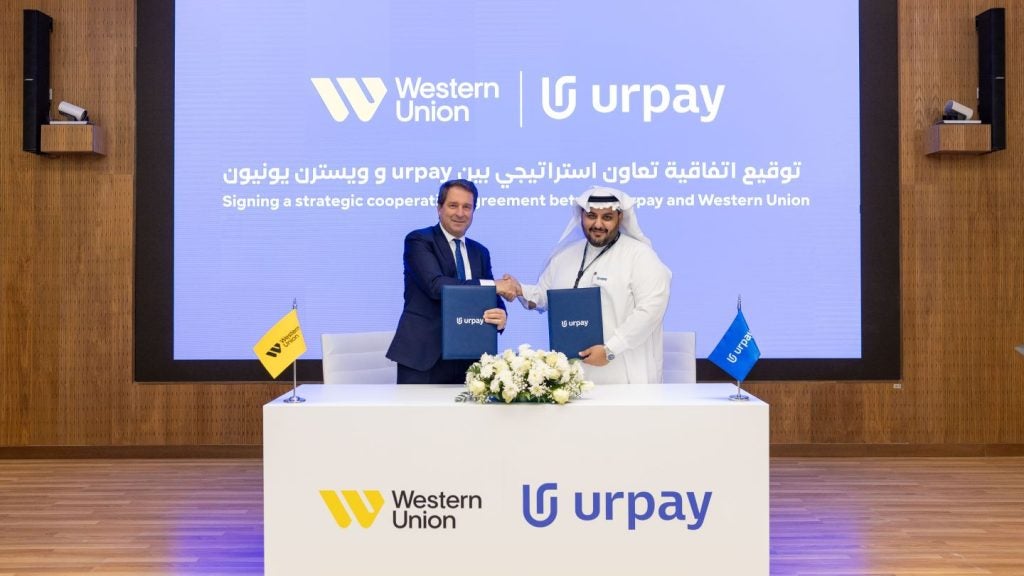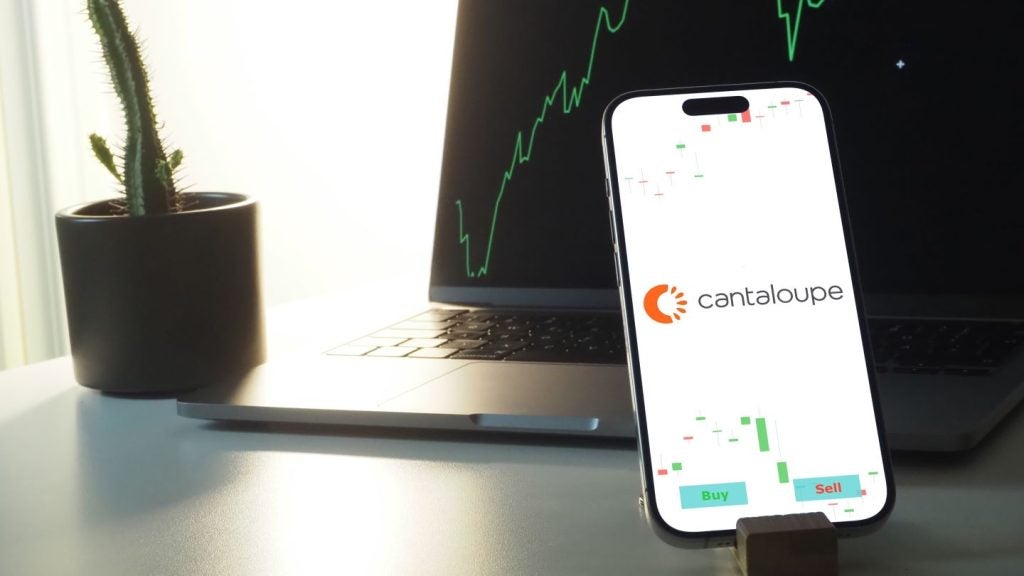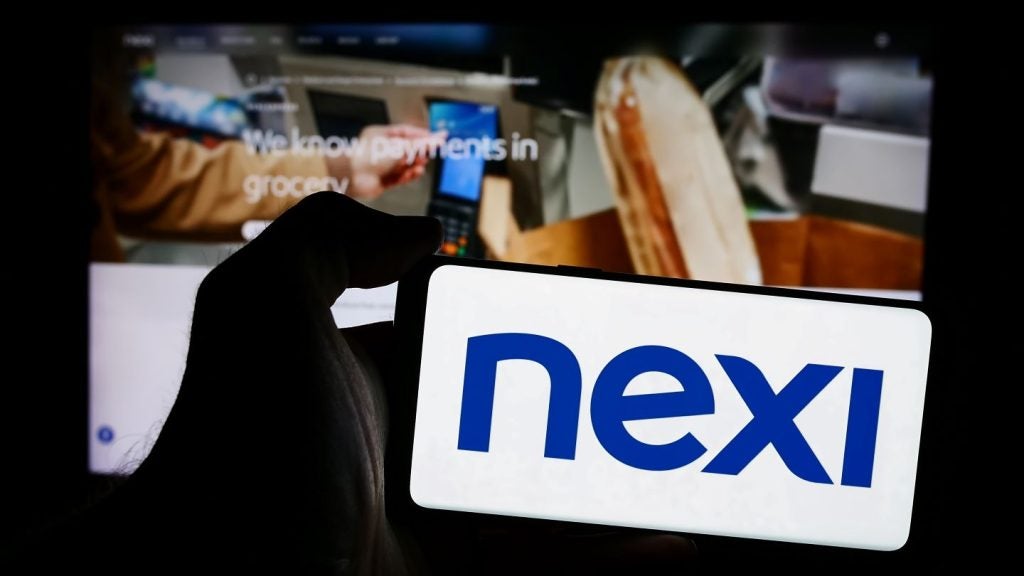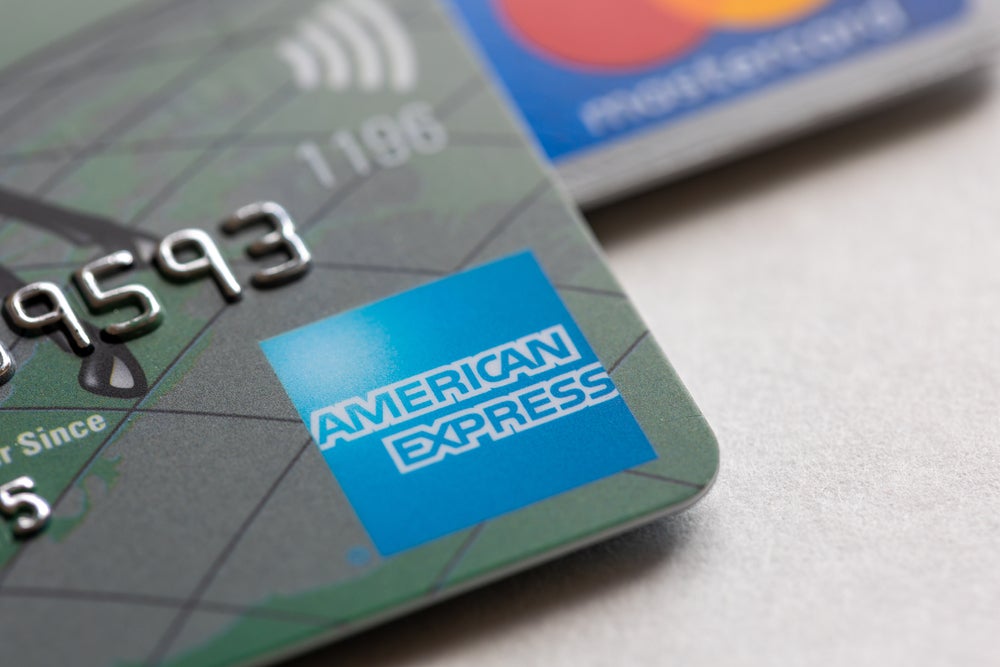In the mobile banking and
payments technology market, few vendors can match the success
Fundamo has achieved. Fundamo CEO Hannes van Rensburg and chairman
Hein Carse provided EPI with insight into its recipe for
success and plans that include its ultimate sale to a global
technology player.
 By 2012 almost 250m people will make at least one
By 2012 almost 250m people will make at least one
cross-border money remittance payment on their mobile phone,
predicts consultancy Edgar, Dunn & Co. There is little doubt
that powering a significant portion of those payments will be
mobile transactions technology developed and deployed by Fundamo, a
South African mobile technology vendor.
Sealing Fundamo’s market leadership
was its certification in February this year by remittance giant
Western Union (WU) as one of two participants in its Mobile Vendor
Program. Also certified under the programme announced in June 2009
was Indian mobile payments technology vendor mChek.
Fundamo’s CEO Hannes van Rensburg
explained to EPI that certification marks the start of
WU’s commercialisation of its mobile phone-based remittance
service. WU’s aim is ultimately to connect consumers in 200
countries and territories in which it operates through its 410,000
agent locations.
It is not that WU does not want to
certify other mobile payments technology vendors, he continued.
“It’s simply that none meet its
demanding requirements,” van Rensburg explained.
This is a particularly telling
comment given the plethora of mobile banking and payments
vendors.
Speaking candidly, van Rensburg
added: “It’s easy to talk but hard to deliver. Mobile banking is
the most difficult IT field I have ever encountered. You are
working with mobile networks that are inherently unstable and
banking systems that must be stable at all times.”
Global
initiative
WU’s move is a key part of global mobile network operator (MNO)
industry body the GSM Association’s (GSMA) Mobile Money Transfer
(MMT) programme, an initiative backed by MasterCard. The
programme’s aim is to harness mobile technology to cut the cost of
global small-value remittances from the current 10% to 24% of the
remittance amount to between 4% and 6%.
The first phase of the GSMA’s initiative was begun in February
2007, in conjunction with MasterCard, to test transaction
switching, clearing and settlement via MasterCard’s global
processing platform. WU threw its weight behind the GSMA’s
initiative in October 2007 and in early-2008 launched a global
pilot programme in conjunction with the GSMA.
In addition, WU forged pilot
agreements with MNOs Smart Communications and Globe Telecom in the
Philippines, Safaricom in Kenya, Vodafone in the UK, Zain in
Africa, Orascom in the Middle East and Africa and Maxis in
Malaysia.
Early
involvement
Fundamo has played a key role in
the GSMA’s MMT programme from the start, with its first involvement
coming in 2007 when it was selected to work with technology
consultancy and outsourcing services provider Accenture to deploy
the platform for its Market Acceleration Programme (MAP). An
ambitious mobile wallet pilot, MAP involved 20 of the GSMA’s
largest members.
Fundamo also forged strong ties
with WU from the outset of its mobile remittances initiative. Of
major significance in its certification by WU is that it will serve
WU’s entire global network, said van Rensburg.
WU certification builds on major
wins for Fundamo, which cut its teeth in South Africa in 2000 with
deployment of a mobile banking pilot for now-defunct Boland Bank.
Fundamo’s big breakthrough came in 2001 when Africa’s third-largest
MNO Zain (then named Celtel) selected it to deploy one of the
world’s first mobile banking services in Zambia called Celpay.
From the start, Celpay offered a
full transactional service with mobile applications including bill
payments, person-to-person payments and airtime purchases.
Inter-bank transfers were added in 2006. Celpay, the world’s oldest
surviving mobile banking service, has also found strong acceptance
among merchants as a means of paying for goods delivered to
them.
Fundamo went on to deploy solutions
in its home country for Standard Bank and MNO MTN, but increasingly
its reach became global.
“We have completed, or are
completing, deployments in 30 countries,” says van Rensburg. “Last
year only 2% of our revenue came from South Africa.”
Indicative of Fundamo’s success,
the GSMA published data on deployments of mobile solutions for the
unbanked. Of the 61 deployments listed Fundamo was responsible for
10, the largest of any vendor. Fundamo was followed by Singapore
mobile technology vendor Utiba with six deployments. Van Rensburg
believes the number of “serious production deployments” is about
45.
Major
deployments
 Fundamo’s largest deployment
Fundamo’s largest deployment
is for MTN, which in 2008 began rolling out mobile banking and
payments services in all 21 countries in which it operates and had
a total of 116m subscribers at the end of 2009. The largest-yet MNO
payments service project, 17 deployments are completed – though
some of these are still awaiting final regulatory go-ahead.
Outside of South Africa where MTN
had 16.1m subscribers, its major markets include Nigeria (30.8m
subscribers), Iran (23.3m), Ghana (8m), Uganda (5.2m), Syria
(4.3m), Cameroon (4m) and Afghanistan (3.2m).
Uptake of MTN’s mobile banking
services is significant, said van Rensburg. In Uganda, for example,
12% of MTN’s subscribers had enrolled for its mobile banking
service in the first six months. This, he added, is faster than the
uptake of MNO Safaricom’s highly successful M-Pesa service in Kenya
– which took three years to reach 65% of subscribers.
Further afield, Fundamo completed
deployment of Pakistan’s first mobile banking service for one of
the country’s largest banks, MCB Bank, in July 2009. The service,
which includes utility bill payment and transfers between MCB
customers, reported total transactions of PKR1bn ($12m) in the
first eight months.
Mobile banking and payments is also
coming into its own in countries where implementation of a
conventional electronic payments system is prohibitively costly.
Among countries where Fundamo has been called to provide a solution
is the Republic of Maldives, a series of 280 small inhabited
islands scattered across the Indian Ocean southwest of India with a
population of 380,000.
With World Bank backing, the $10.6m
project is creating a single currency (Maldivian rufiyaas) payment
system which offers a set of mobile phone-based accounts. The
Maldives Monetary Authority specified that the system be capable of
enabling users to transfer funds to and from bank accounts, to and
from telephone-based accounts and provide an enabling environment
to support additional mobile phone banking services in future.
The implementation in the Maldives
is to be used by organisations such as the World Bank as a case
study for other countries, van Rensburg said.
Building
alliances
Alliance-building has been a key
part of Fundamo’s expansion strategy – with Accenture undoubtedly
numbering among the most significant of these, with the partnership
going far further than the agreement to develop the GSMA’s MAP
platform in 2007.
“The partnership with Accenture is
very significant,” Hein Carse, Fundamo’s chairman, told
EPI.
Carse is also an investment manager
at one of Fundamo’s major shareholders, South African industrial
holding company Remgro.
Fundamo’s technology plays a key
role in the Accenture Mobility Operated Services (AMOS), a hosted
service launched by Accenture in February 2009. AMOS offers a range
of mobile solutions including payments, voucher and ticketing and
data collection. Pricing is transaction- or subscription-based,
with costs based on clients’ business volume such as the number of
subscribers, devices or transactions.
Another notable Fundamo alliance
partner is Postilion, the self-service banking and payment
technology development division of US-based S1 Corporation. The
alliance began as a co-marketing agreement in 2004 and in 2006
upgraded to an original equipment manufacturer agreement. In
November 2007 the alliance was further entrenched by Postilion’s
purchase of a licence to use Fundamo’s source code. In addition,
six of Fundamo’s staff transferred to Postilion.
Another major alliance was formed
in 2010 with Latin American mobile payments switching service
Yellow Pepper, a move van Rensburg said extends Fundamo’s reach to
most of the region’s key banks. Fundamo already has a deployment in
Mexico.
No overnight
wonder
Fundamo’s success has not come
overnight, according to Carse: “It was a case of hard work, sweat
and learning from mistakes.”
Much of the credit goes to van
Rensburg, he added.
The Fundamo story is also a tribute
to enthusiasm for innovation of a former executive chairman of
Sanlam, South Africa’s second-largest insurance company, the late
Marinus Daling, who in 1999 approached van Rensburg with a vision
of developing cutting-edge technology.
Van Rensburg, then Sanlam’s chief
information officer, emerged with the concept of mobile
banking.
“It was viewed as madness at the
time,” said van Rensburg.
Undaunted, by 2000 he and his team
had developed a mobile banking solution. That same year, Fundamo
was founded with Sanlam as its primary backer.
In the original Fundamo prototype,
its developers opted to use short message service (SMS), rejecting
wireless application protocol (WAP) as not offering sufficient
security.
“It was a bold decision as only
about 20% of mobiles could send SMS at that stage,” said van
Rensburg.
He added that today Fundamo’s
solution can be run as a WAP, SMS, SIM card, Java, unstructured
supplementary services data, extensible hypertext mark-up language
or interactive voice response application. Fundamo’s platform also
offers full interoperability across MNOs, banks and switches.
Over the years other backers joined
Sanlam as Fundamo shareholders, the first being Remgro which
acquired a stake in 2007. Remgro was followed the same year by a
third investor, South African venture capital firm HBD Venture
Capital. Last aboard was Irene Charnley, a former MTN executive
director, who acquired a 10% stake in Fundamo in 2008.
Prime acquisition
target
In a world where mobile payments
and banking are high on agendas of many banks and MNOs, Fundamo has
unsurprisingly been approached by a number of would-be acquisitors,
said Carse.
Beyond its technological success,
Fundamo is also particularly attractive as an acquisition in a
market where many independent vendors have been swallowed up by
major technology players. Among these are US data management
software and services company Sybase’s acquisition of German mobile
payments vendor paybox Solutions in 2008 and a strategic investment
by Nokia in US Mobile payments service provider Obopay in 2009.
So far Fundamo’s shareholders have
spurned acquisition offers, but this is unlikely to remain the case
for much longer.
“We are not actively looking for a
buyer for Fundamo but will probably begin doing so in the next 9
months to 12 months,” said Carse. “We will sell when we can no
longer add value. What Fundamo will then need is a parent with a
significant global footprint.”
Carse added that in preparation for
execution of an exit strategy, two things remain to be completed:
extension of Fundamo’s strategic alliances and launch of its
Enterprise Mobile Financial Services (EMFS).
In building its EMFS platform,
Carse explained that Fundamo has incorporated all that it has
learned over the past 10 years into a highly scalable product
readily adaptable to regulatory requirements that differ from
country to country.
What Fundao’s selling price will be
is a mystery, but said Johan Bester, Sanlam’s group secretary: “We
will not be giving it away.”
Indeed, a figure in the hundreds
ofms of dollars is feasible. Indicatively, US mobile technology
vendor Firethorn was acquired by wireless technology developer
Qualcomm in a deal worth around $210m. The deal was struck in
November 2007, 11 months after Firethorn’s launch with venture
capital backing of about $15m.
At stake for a potential bidder for Fundamo is technology that
can open up a vast market for its owner. In terms of remittances
alone, the GSMA estimates that the formal remittance market could
leap from $300bn annually to $1trn in five years with the help of
mobile communications.







